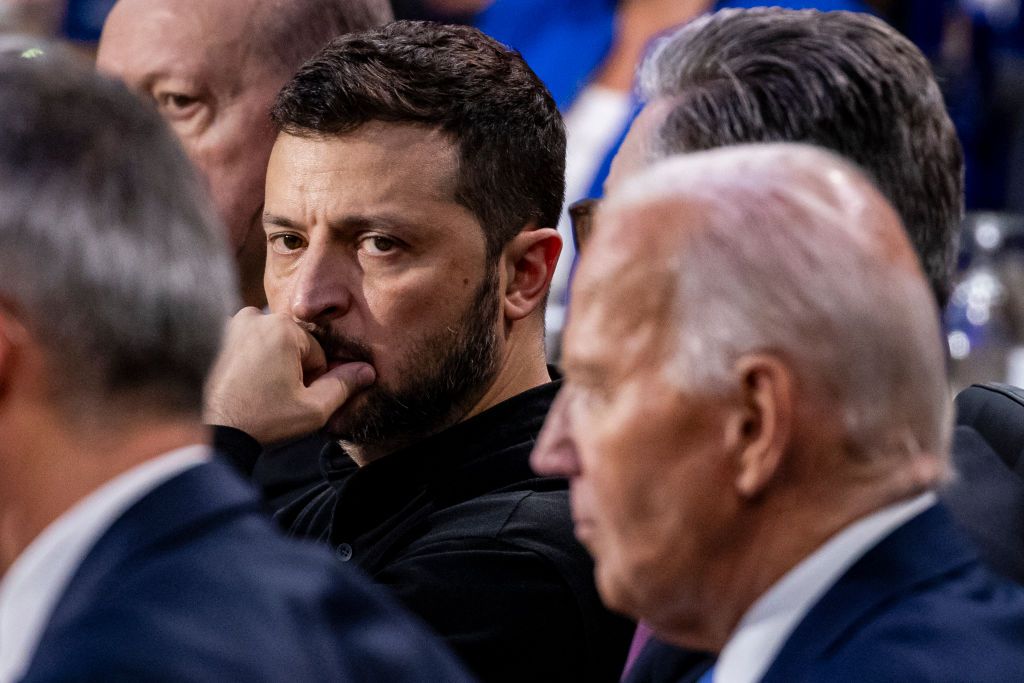Around 60% of foreign parts in Russian weapons come via China, Ukraine says

Most of the foreign parts found in Russian weapons used on the battlefield against Ukraine come from China, Vladyslav Vlasiuk, an adviser to Ukraine's President's Office, said on Sept. 24.
China has positioned itself as neutral in the ongoing war but has deepened economic ties with Russia and became Moscow's leading source of dual-use goods during the full-scale invasion of Ukraine, fueling the Kremlin's war machine.
"If you take all the usual types of weapons and count the foreign made components, about 60% would be coming from China," Vlasiuk said in comments reported by Reuters, calling Beijing "the biggest problem."
Vlasiuk said that Kyiv held talks with some manufacturers on the issue, without providing further details.
Important parts used in surveillance systems, drones and missiles also come from countries including the U.S., the Netherlands, Japan and Switzerland, he added.
Despite extensive Western sanctions aimed at cutting off supply lines, Russia continues to obtain sanctioned goods, such as microchips, via third-party countries.
Kyiv's allies have sought to halt the Kremlin's ability to circumvent sanctions. One of the EU's sanctions package included a ban for third-country entities to re-export sensitive goods to Russia.
President Volodymyr Zelensky said Russia uses dozens of critical components from abroad to produce all its missiles. Missiles launched at Kyiv in one of the spring attacks had an estimated total of 1,500 foreign parts.













